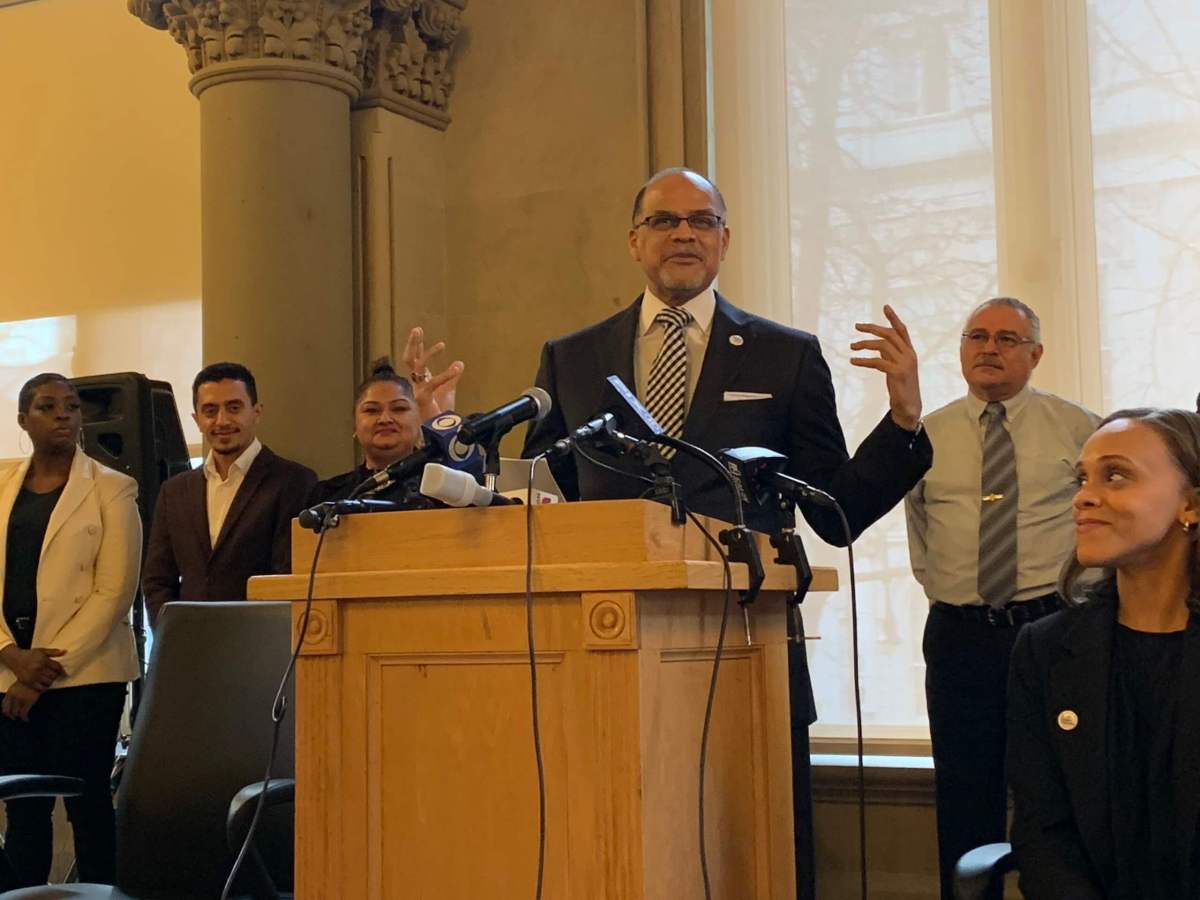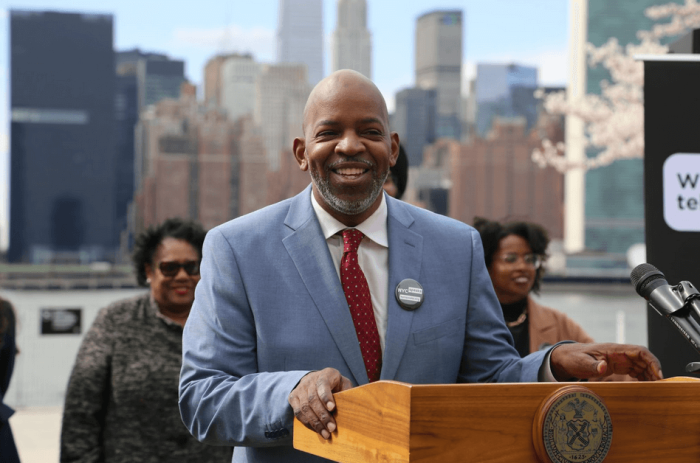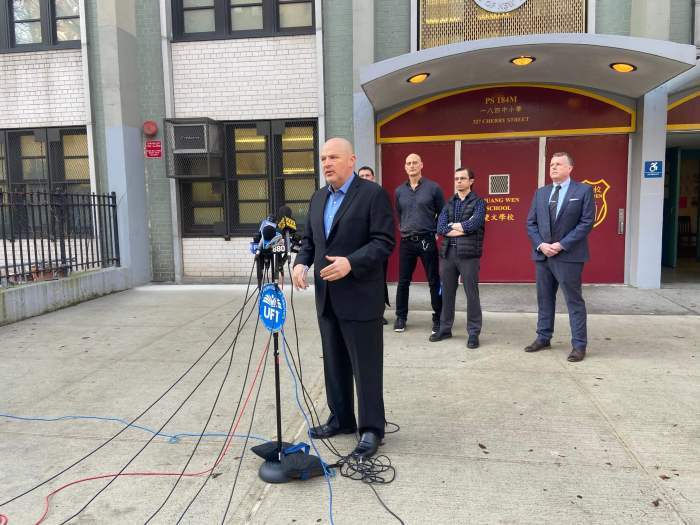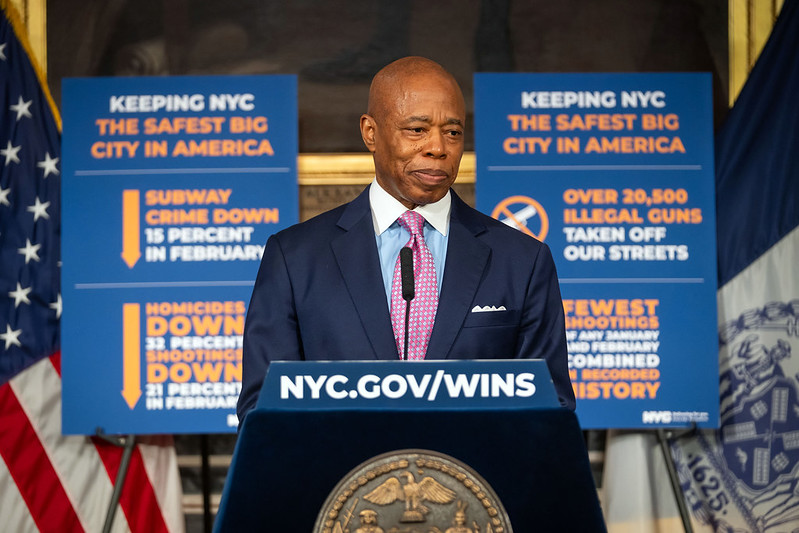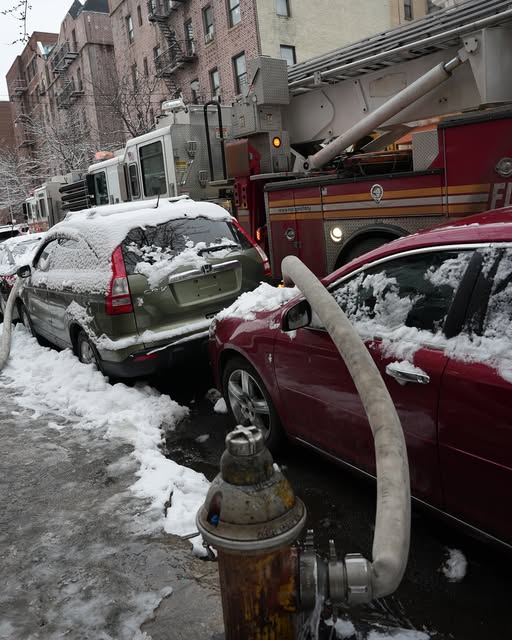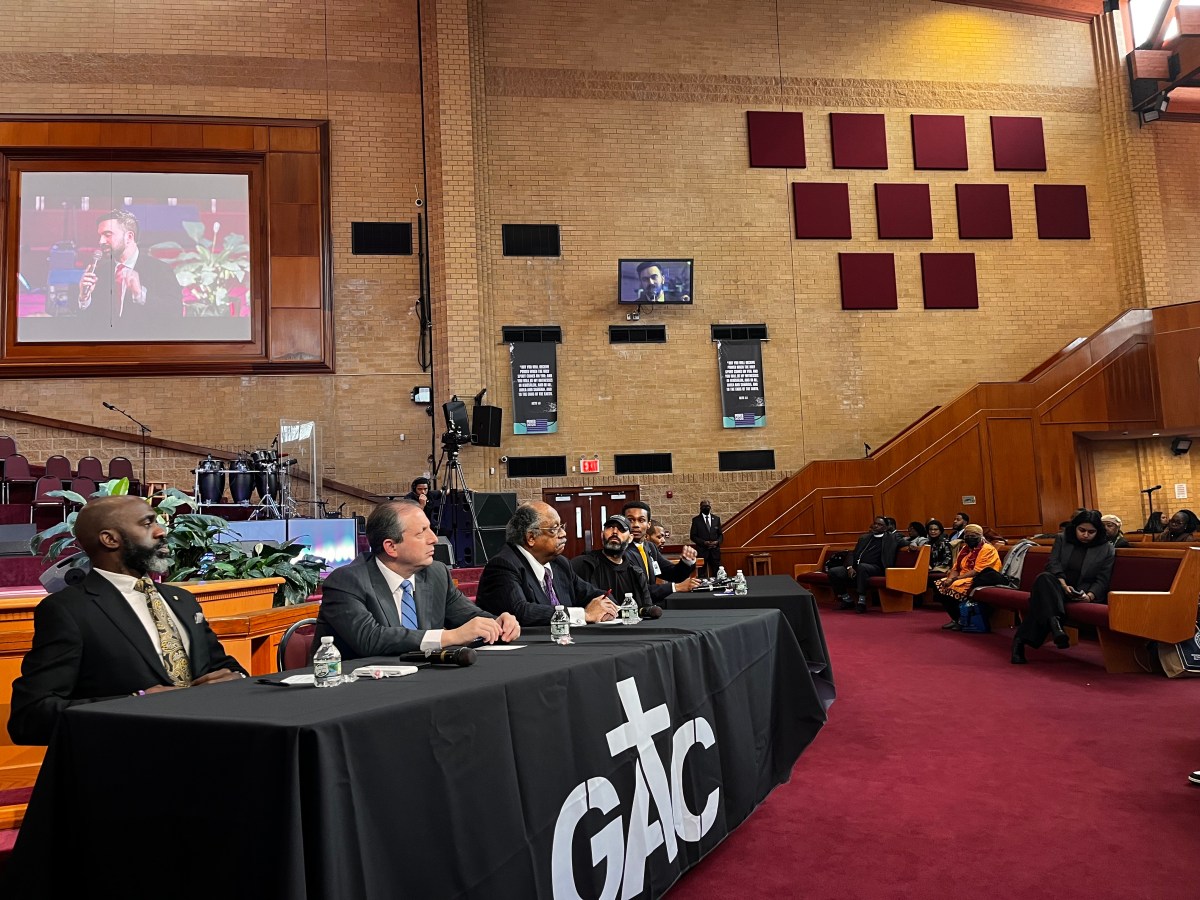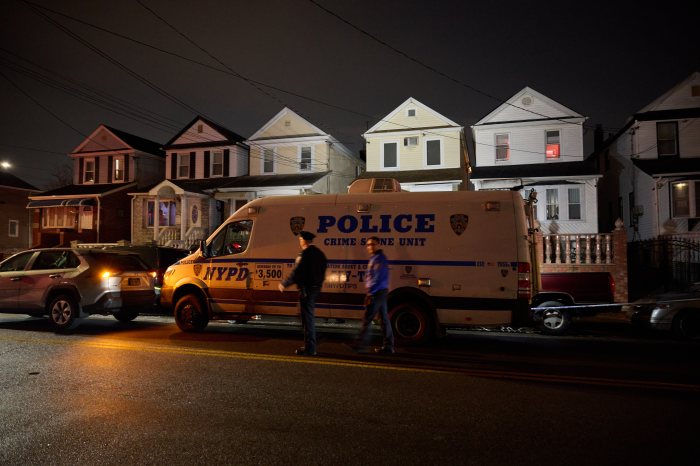Schools Chancellor David Banks on Monday announced the kickoff of elections for the city’s Community Education Councils (CECs) and Citywide Education Councils, with the change that each CEC will now include one elected parent of a child in the city Department of Education’s (DOE) District 75 program for children with significant learning disabilities.
The 32 Community Education Councils — one for each school district — and four Citywide Education Councils have a variety of changes aimed at shaping policies and priorities for the city’s public schools. CECs’ responsibilities include: evaluating superintendents, reviewing school policies, organizing community meetings and approving school zonings. The Citywide Education Councils advocate on behalf of specialized groups such as English language learners and special education students.
“These councils are vital opportunities for families to use their voices and have a direct impact on our schools, our communities, and our children’s education,” Banks said, during a press conference kicking off CEC election season at DOE headquarters in the Tweed Courthouse Monday morning.
“Really, one of most beautiful things about the city is that we’re constantly changing and evolving,” he continued. “And this year, I want to see new faces and hear new voices. New perspectives are what truly moves us forward and brings innovation and creativity into our schools. I’m not content with just the status quo. I encourage every parent to consider this critical opportunity and take the leap into one of these leadership positions.”
Banks, a veteran of the education department, said he’s always seen parent involvement as a vital piece of improving the city’s public schools, considering the sheer size and scope of the system.
“Parent voice and parent participation, empowerment and parents as true partners is deeply important to me,” the chancellor said. “It’s a very large system. And everybody kind of looks to the chancellor for the answers. But I have a newsflash: the chancellor does not have all the answers.”
Additionally, Banks said, for the first time, each CEC will include one parent of a child in a District 75 school or program. That change was required by legislation passed by Albany lawmakers last year.
“This change ensures that the voice of the families of students with disabilities is heard with all of our local councils,” Banks said.
The candidate application period launched Monday, Jan 9, and will run through Feb. 13, according to the DOE. There’ll then be a series of candidates’ forums between late February and mid-April, then voting will take place between April 21 and May 9.
The only requirement for parents to apply is for them to have a child enrolled in a city public school, said Dr. Cristina Melendez — who leads the DOE’s Family and Community Empowerment office, and applications should only take five to 10 minutes. In particular, Melendez encouraged the parents of students, for whom English isn’t a first language, to apply.
Those running for a CEC post aren’t allowed to accept endorsements from political individuals or groups including unions, advocacy groups and current CEC members.
“We don’t want anybody to have an upper hand or an advantage, because they have different relationships,” Melendez said. “We want everyone to have a level playing field, and being able to participate and engage and be elected.”
Kenita Lloyd — the DOE’s Deputy Chancellor for Family and Community Engagement — said that, starting today, the department is going to be working to educate parents about CEC elections through daily workshops, in order to address past economic disparities in the parents who voted.
“We’ll be hosting workshops every day, in the application period in multiple languages,” Lloyd said. “So, what we want to do is to connect with as many parents as possible, and families and caregivers and others, to make them aware of this opportunity.”



